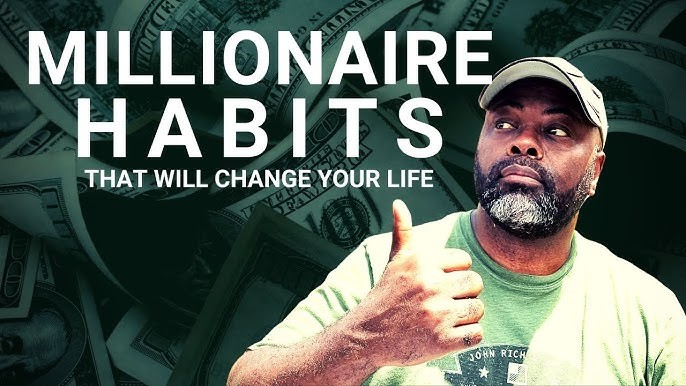There was a time in my life when money felt more like a source of anxiety than a tool for stability or opportunity. I wasn’t reckless—I paid my bills and stayed out of significant debt—but I lacked intention. I wasn’t saving with purpose, investing with understanding, or spending with awareness. My financial life was reactive, not proactive. What changed everything for me wasn’t a massive windfall or a sudden job promotion. It was the slow, deliberate adoption of better financial habits that gradually transformed how I managed money—and by extension, how I lived.
One of the most pivotal shifts began with something deceptively simple: tracking my spending. It wasn’t about judgment or restriction; it was about clarity. For the first time, I could see exactly where my money was going. The lattes, the streaming subscriptions, the last-minute online purchases—they were no longer vague notions but tangible figures. This habit revealed patterns I hadn’t noticed before. I realized I was spending out of convenience rather than intention, letting small, frequent transactions chip away at my financial potential. Just the awareness alone began to change my behavior. I didn’t need to deprive myself; I simply started making choices with open eyes.
The next major transformation came when I embraced the concept of paying myself first. In the past, I had treated saving as something I’d do if there was anything left at the end of the month. More often than not, there wasn’t. But once I automated a portion of my income to go directly into savings and investments before I even touched it, something shifted. I stopped seeing savings as an afterthought and started treating it as a non-negotiable priority. This discipline built momentum. Watching my savings grow felt empowering, and it created a buffer that allowed me to handle unexpected expenses without spiraling into stress.
Another habit that made a profound impact was the shift from passive to active learning about money. Personal finance had always felt intimidating—something for accountants or investment advisors, not for someone like me. But once I started reading books, listening to podcasts, and having candid conversations about money, I began to feel less overwhelmed. The mystery dissolved. I learned the basics of compound interest, the importance of low-fee index funds, and the psychology behind spending. The more I understood, the more confident I felt in making financial decisions. Learning became a habit, and that knowledge started to influence every choice I made.
Setting financial goals added another layer of purpose. It’s one thing to want to “save more” or “spend less,” but setting specific, measurable goals brought direction. When I decided I wanted to build an emergency fund of three months’ expenses, I created a plan. I broke it down into smaller milestones and celebrated the progress along the way. That sense of achievement was motivating. Later, when I aimed to fund a sabbatical or save for a down payment, I already had the framework. Having clear goals made it easier to say no to short-term temptations because I was saying yes to something more meaningful.
Alongside these practical habits, my relationship with money itself began to evolve. I started to see money not as something to be feared or idolized but as a resource—one that could help me build the life I wanted if I treated it with respect and care. This shift in mindset had far-reaching effects. I became less impulsive and more intentional. I stopped comparing my financial situation to others’ and began focusing on alignment with my own values. If a purchase didn’t enhance my well-being, support my goals, or reflect what mattered to me, it lost its appeal.
What surprised me most was how these habits created space—not just financially, but mentally and emotionally. I stopped waking up in the middle of the night worrying about bills or wondering how I’d handle a financial curveball. I no longer felt stuck or reactive. Instead, I felt grounded and prepared. These habits didn’t just improve my bank account—they improved my life. I had the freedom to pursue work that fulfilled me, to take time off without guilt, and to give generously when opportunities arose.
Of course, the journey wasn’t linear. There were months when expenses spiked unexpectedly, or when I lapsed into old habits. But the foundation I had built kept me from veering too far off track. Each habit reinforced the others, creating a system that could weather ups and downs. Over time, these routines became second nature—an invisible structure that quietly supported my daily decisions.
Looking back, I realize the power of consistency over perfection. None of the habits I adopted were radical or flashy. They were small, thoughtful actions practiced regularly and refined over time. Yet together, they created a transformation that felt both empowering and sustainable. They didn’t require a different job, a higher income, or a radical life change—just a commitment to doing better, one decision at a time.
Today, I continue to build on those habits, knowing they are the reason I have the financial flexibility to make choices aligned with my values. They’ve given me not just control over my money, but a deeper sense of peace and possibility. And perhaps most importantly, they’ve reminded me that lasting financial change doesn’t come from a single moment—it comes from the quiet power of habits, practiced daily, that slowly but surely change everything.


